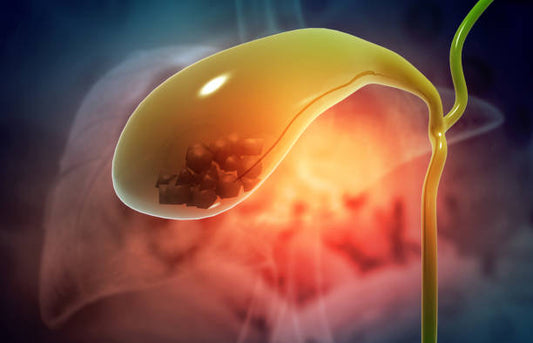Propranolol is a medication that belongs to a class of drugs known as beta-blockers. It is used for various medical conditions, and here is a detailed overview of propranolol, including its usage, benefits, and potential side effects:
Chemical Structure and Basics:
- Chemical Formula: C16H21NO2
- Molecular Weight: 259.34 g/mol
Medical Usage:
1. Hypertension: Propranolol is often prescribed to manage high blood pressure (hypertension). It works by blocking the action of certain chemicals in the body that lead to increased heart rate and narrowed blood vessels. By doing so, it reduces the workload on the heart and helps lower blood pressure.2. Angina: It is used to treat angina, a condition characterized by chest pain or discomfort due to reduced blood flow to the heart muscle.
3. Cardiac Arrhythmias: Propranolol can be prescribed to control irregular heart rhythms (arrhythmias).
4. Migraines: It is sometimes used to prevent migraine headaches.
5. Anxiety and Panic Disorders: In some cases, propranolol is prescribed to alleviate the physical symptoms of anxiety and panic disorders, such as a rapid heartbeat and trembling.
5. Performance Anxiety: It may be used by individuals to manage symptoms of stage fright or performance anxiety.
Benefits:
- Blood Pressure Control: Propranolol effectively reduces high blood pressure, reducing the risk of heart-related complications.
- Angina Relief: It can relieve chest pain associated with angina by improving blood flow to the heart.
- Arrhythmia Management: Propranolol helps maintain a regular heart rhythm.
- Migraine Prevention: It is beneficial in preventing the onset of migraines in some individuals.
- Anxiety Symptom Reduction: It can alleviate physical symptoms of anxiety, such as rapid heartbeat and trembling.
Forms and Administration:
- Propranolol is available in various forms, including tablets and extended-release capsules.
- The dosage and form of propranolol depend on the specific medical condition being treated and the individual patient's needs.
Side Effects:
- Common side effects may include fatigue, dizziness, cold extremities, and gastrointestinal symptoms like nausea, vomiting, or diarrhea.
- Propranolol can mask the symptoms of low blood sugar, making it challenging for individuals with diabetes to recognize and address low blood sugar episodes.
- Less common side effects may include changes in heart rate, depression, sleep disturbances, or unusual dreams.
Precautions and Warnings:
- Propranolol is generally not recommended for individuals with certain medical conditions, including severe heart failure, asthma, or certain heart rhythm disorders.
- It should be used with caution in individuals with a history of severe allergies, diabetes, or depression.
- Abruptly discontinuing propranolol can lead to worsening of certain medical conditions, so it is essential to follow a healthcare provider's guidance when discontinuing the medication.
Overdose and Emergency Situations:
- Overdose of propranolol can lead to severe bradycardia (very slow heart rate), low blood pressure, seizures, and even loss of consciousness. In the event of an overdose, immediate medical attention is crucial.
Conclusion:
Propranolol is a versatile medication used to treat conditions such as hypertension, angina, cardiac arrhythmias, migraines, and certain anxiety disorders. It offers benefits in controlling blood pressure, maintaining heart rhythm, and preventing migraines. However, its usage should be carefully monitored by a healthcare provider, and any adverse effects or concerns should be discussed with them.
Author: Nikita Vishnoi BCA
Reviewed by: Dr. S Satsangi












